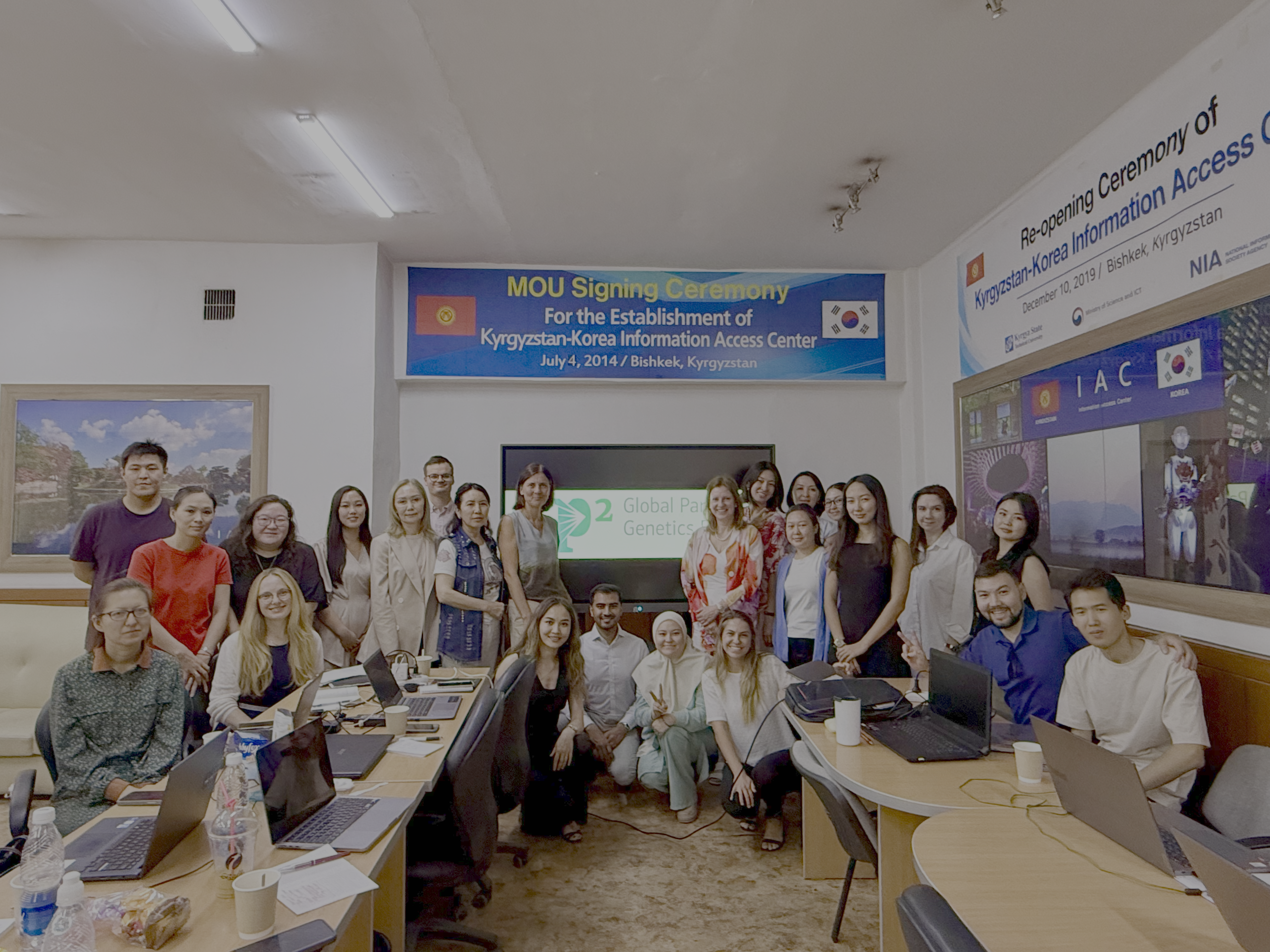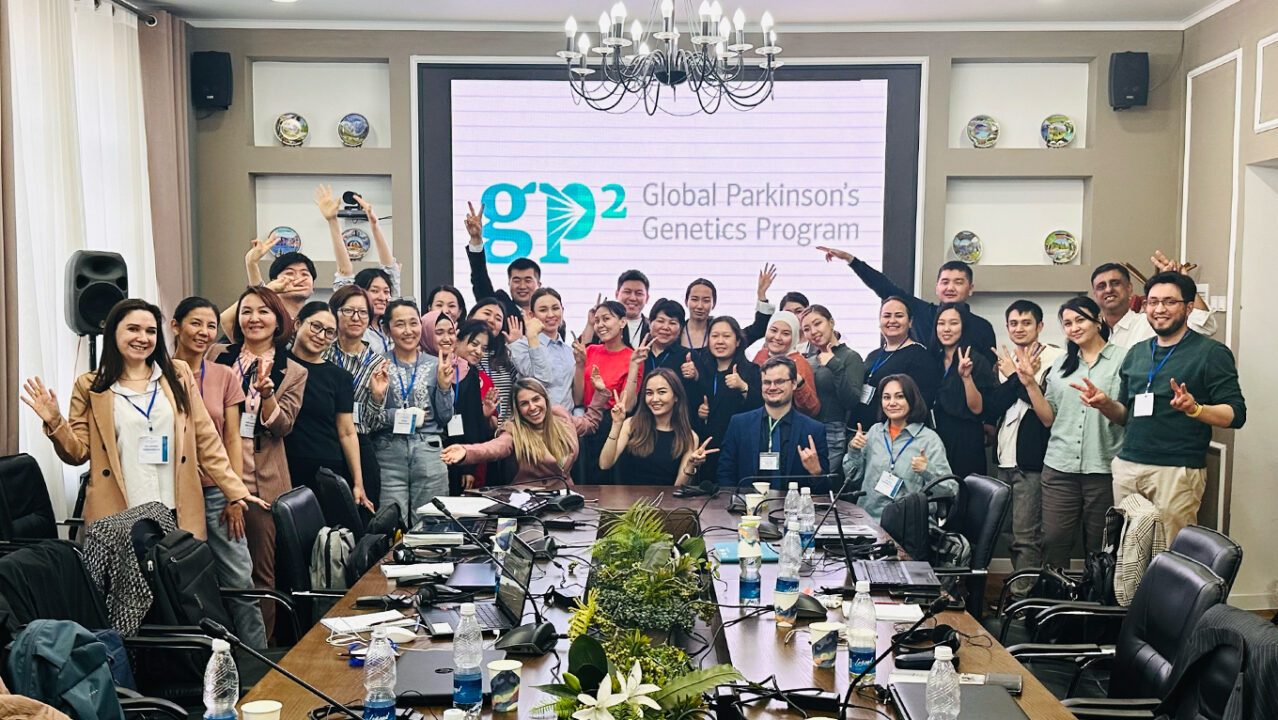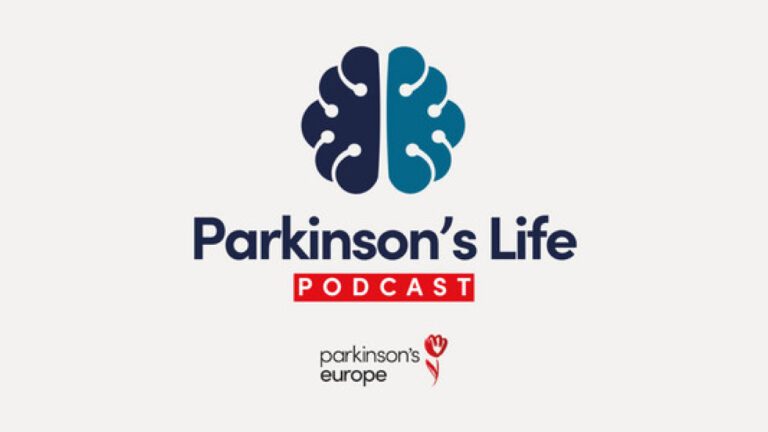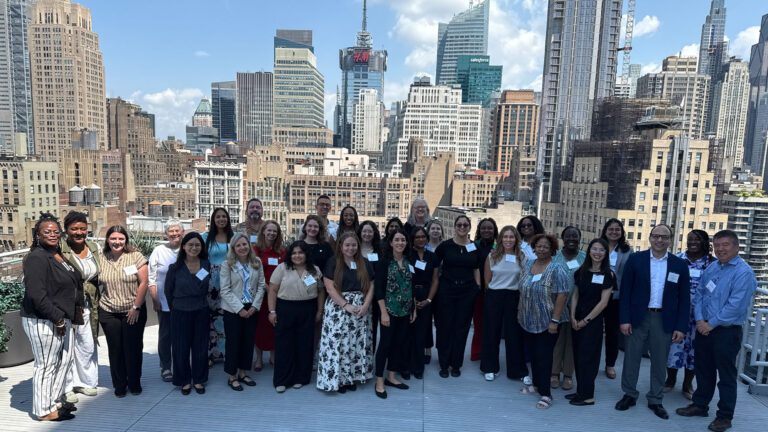Historically, the majority of Parkinson’s disease (PD) research has been conducted in the western world. Even so, science is a global endeavor that knows no borders. In Kyrgyzstan, interest in studying PD has grown in recent years; however, researchers have faced significant challenges, such as limited training, inadequate infrastructure, and scarce funding. Overcoming these obstacles has required more than just material resources. It has also meant navigating administrative barriers, building trust, developing local expertise, and fostering people-to-people connections.
The journey to understand the genetic architecture of PD in Kyrgyzstan began in late 2023 with the launch of my PhD research project. Supported by GP2, my project represents the country’s first-ever human genetics study of PD, made possible through collaboration between the University of Lübeck and the Kyrgyz State Medical Academy. I have been fortunate to receive invaluable support and mentorship from my supervisor, Professor Christine Klein, whose guidance has been instrumental in transforming a small idea into a nationally recognized initiative.
What began as a simple pre-training program gradually evolved into a collaborative effort, supported by the GP2 Training and Networking Working Group. Despite challenges, such as limited access to basic patient care and the absence of a structured system for neurologists specializing in PD, we prioritized building trust, developing relevant knowledge, and strengthening local capacity.
Our first workshop, held in Bishkek in March 2024, brought together 30 neurologists from across Kyrgyzstan. The program covered topics such as PD, atypical parkinsonism, genetics, epidemiology, research ethics and methods, along with basic bioinformatics training. Patients also participated, providing a valuable real-world perspective. We designed interactive practical sessions that reflected local realities, focusing on how to recognize PD symptoms, collect accurate clinical data, and conduct research ethically within our cultural context.
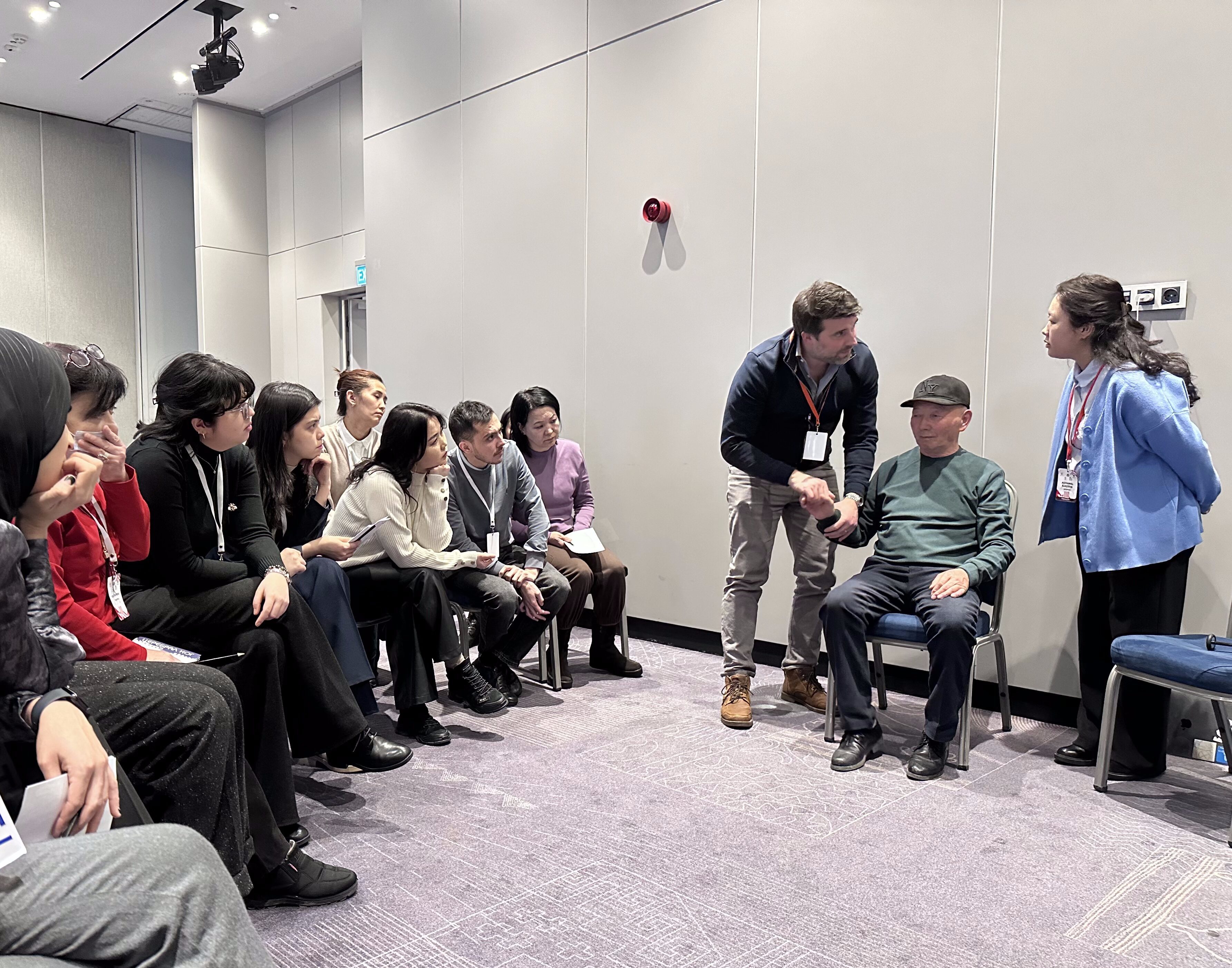 Workshop with a patient in Bishkek, March 2024.
Workshop with a patient in Bishkek, March 2024.
Training did not end with the workshop. We continued to mentor trainees, helping them apply new skills in diagnosis, treatment, and patient recruitment. As the project expanded into a nationwide study, momentum grew. Subgroups of clinicians took the initiative to translate and adapt research tools for local use, and teams began collaborating across hospitals. These efforts not only strengthened research capacity but also improved clinical care. Neurologists now travel regularly to underserved areas to support local physicians, share knowledge, and provide care to patients who previously had little or no access to specialized PD services, all while recruiting participants for the genetic study.
By the time of the second workshop in June 2025, neurologists were working side by side with newly joined data scientists from Kyrgyz State Technical University, creating a dynamic and interdisciplinary environment. Sessions featured lively discussions on PD genetics and management, followed by members of the Institute of Neurogenetics in Lübeck guiding attendees through protocols for sample collection and DNA extraction. Practical modules addressed data management, privacy, biobanking, and secure data entry. The bioinformatics component, led by Maria Teresa Periñán and Konstantin Senkevich, was met with great enthusiasm from both neurologists and data scientists. Participants demonstrated excellent teamwork, learning from and teaching one another. This collaboration has continued beyond the workshop through post-training webinars and group practice sessions led by local champions.
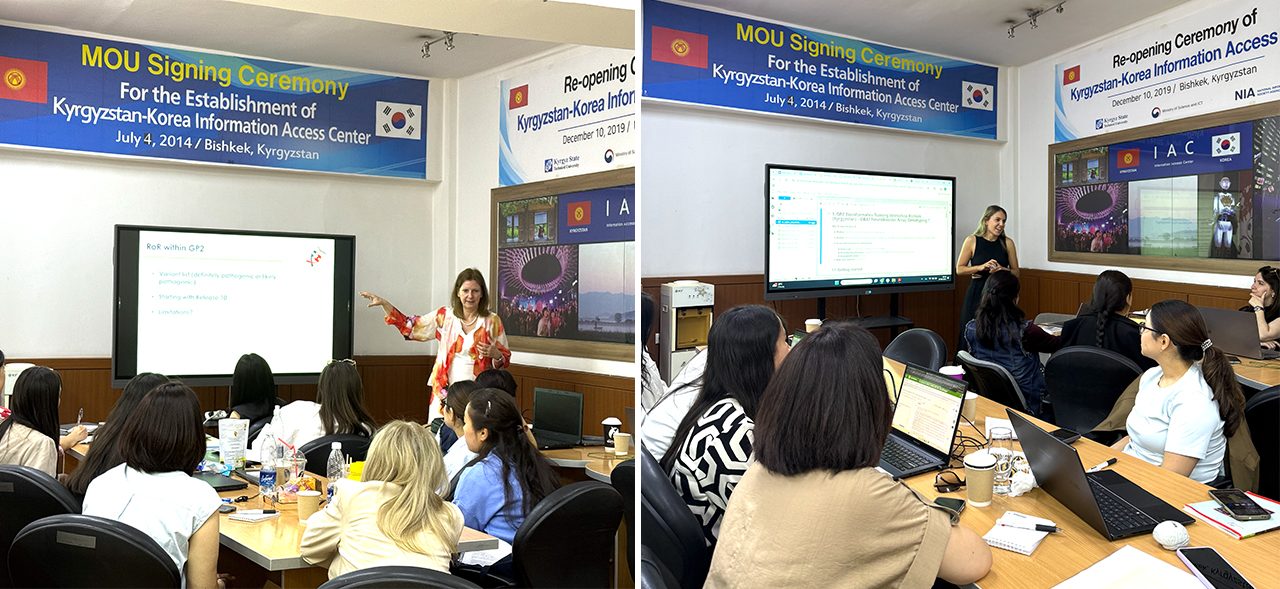 (L): Professor Christine Klein, MD presenting at session with other members of Lübeck’s Institute of Neurogenetics. (R): Bioinformatics Component Session, led by Maria Teresa Periñán and Konstantin Senkevich
(L): Professor Christine Klein, MD presenting at session with other members of Lübeck’s Institute of Neurogenetics. (R): Bioinformatics Component Session, led by Maria Teresa Periñán and Konstantin Senkevich
What Did We Learn?
By listening to local needs and combining research with hands-on support for patients and healthcare systems, we are building a model that demonstrates how countries like Kyrgyzstan can pave their own path in both PD care and research. Although there is still a long road ahead toward sustainable research, this journey proves that starting locally, with a strong focus on training and capacity building, can create lasting change. Today, PD research in Kyrgyzstan is evolving from these first steps into a vibrant, nationally led initiative that is now recognized and supported by the Kyrgyz government, connecting us with the global scientific community.
Our story inspires others to invest in leadership and training at the source, because meaningful science can, and should, begin anywhere.
